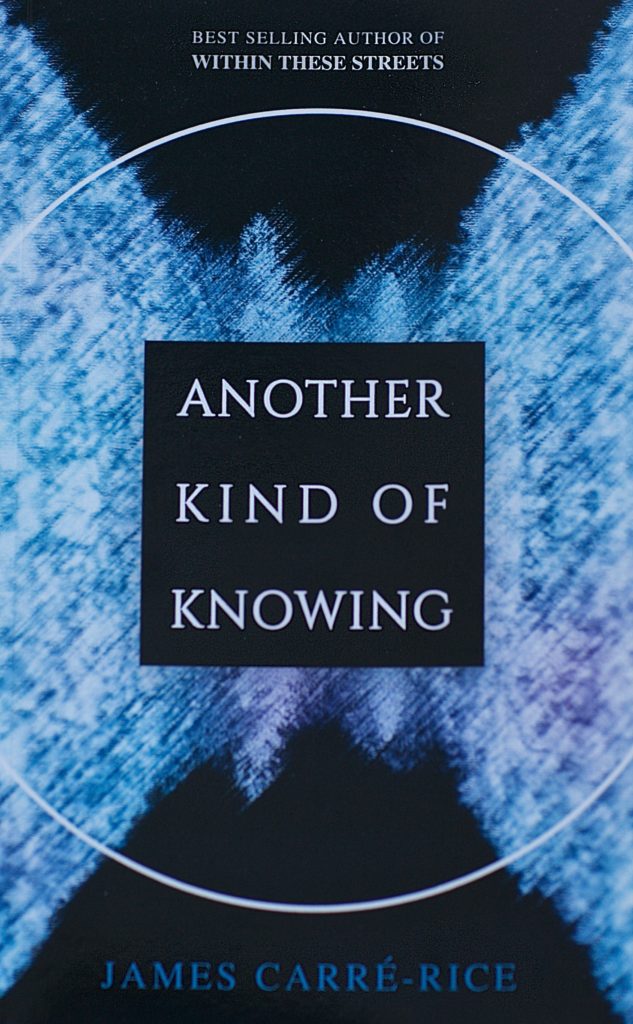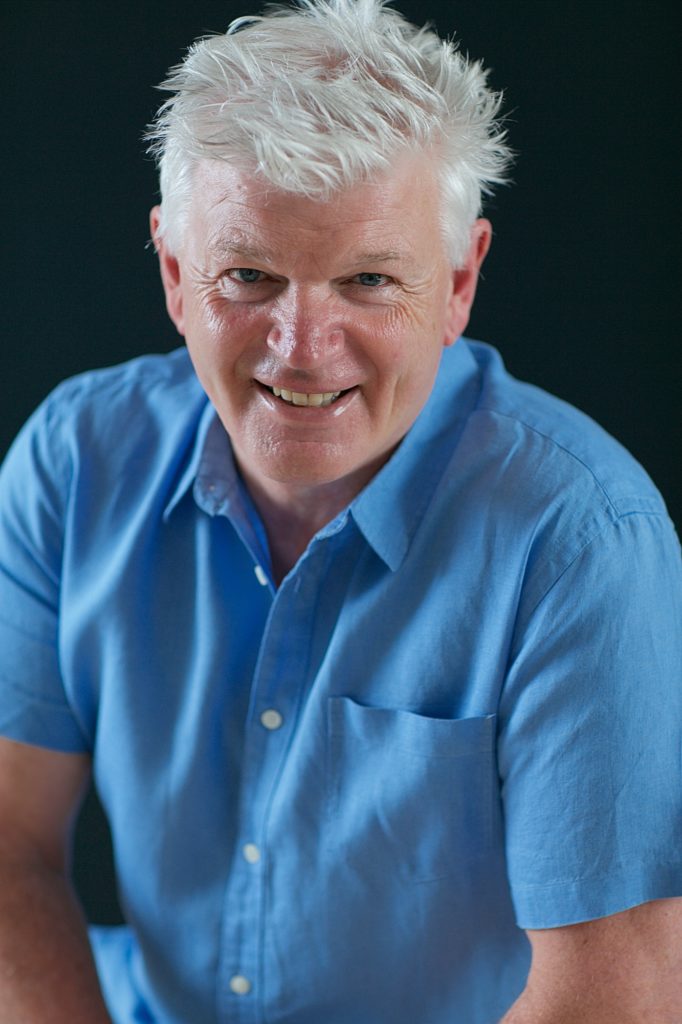For better or worse our potential is shaped, and indeed kept in check, by the things we believe about ourselves. Let me give you an example of how this is plays out.
Many years ago, while serving time in Borstal, an officer took us outside to play football on the yard. Then, while standing alongside me before kick-off, he casually spoke about having watched ‘Last Night at the Proms’ on TV the night before. “Wonderful those young people,” he muttered, “educated, dignified, the future of our great land.” Then, giving me a sidelong glance, added, “unlike scum like you,” and wandered away. His words stung, but sadly, I figured that on the balance of it, he was probably right.
The damage caused by such condemnation comes partly in the saying, but primarily in the believing. Years later, after transforming my life through meaningful therapy, those past self-beliefs tried to hold me back at key moments of opportunity. For instance, on the eve of my driving test, which secured me a great job and helped provide my first mortgage, I came under a vicious emotional attack. Sickening waves of negativism arose, as if from nowhere, trying to stifle my progress. ‘Who on earth do you think you are?’ they demanded, trying to belittle me. ‘You’re not like decent people, now get back where you belong.’ Emotionally, it made me feel uncomfortably out-of-place and unworthy. However, having previously engaged in meaningful therapy and gained a firm understanding about my true worth, I was able to overcome that spiteful attack and prosper.
From an early age our personalities are affected by the things others say but primarily by the conclusions we reach about ourselves. No sooner do we bloom into the fullness of childhood than the process of maturity arises to cover most of it up. At that time, a powerful element known as the ego sets to work, shaping its opinion about who it thinks we are. The ego accepts that which we believe about ourselves and forms it into an internal model.
For instance, in the case of a little girl being utterly neglected by her father (a common story), her inner ego is likely to be self-critical about why that has happened. The usual conclusion reached by a young mind is, ‘I’m not good enough.’ Such an emotional belief, no matter how inaccurate, will damage her prospects in many areas of life; not least when dealing with men. Nobody, not even she, will understand why she went on to accept second-rate options and lived way below potential.

So, what can be done? In the case of self-limiting beliefs, it’s hard to avoid the prospect of therapy, in which the root of the storyline can be re-visited in safety. Egoic beliefs are like hardy bushes that survive trimming, being ignored and severe pruning. Therefore, in order to be rid of them, we have to get down to the roots.
Those with the wherewithal to confront deep-seated trauma discover something remarkable at the point of contact. Far from the trauma overwhelming us, our conscious observation neutralises it. Yes, there will be a fearful moment of intensity, and perhaps a few tears, but our very open-eyed awareness will diminish its power.
The reward for taking such a brave course of action is to break the chains that bind and go forth to leave our mark upon this life. As described in my own story, rooting out damaging internal narratives, unleashes our true potential.
James Carré-Rice is a bestselling author, a renowned life coach, and a sought-after public speaker. But his life was not always so successful. As a young man, he was sentenced to a total of more than seven years at Her Majesty’s Pleasure for a string of violent offences. James, now 57, turned his life around and used his negative experiences of the penal system to develop a pioneering rehabilitative system for the New York State Criminal Justice Department that helped US gang members re-join society. Over 200,000 copies of his first book, Within These Streets, are in prisons here and abroad.
His new book, Another Kind of Knowing, is out now priced £7.99 from Amazon UK. For more information about James’ work, go to www.jamescarrerice.com

